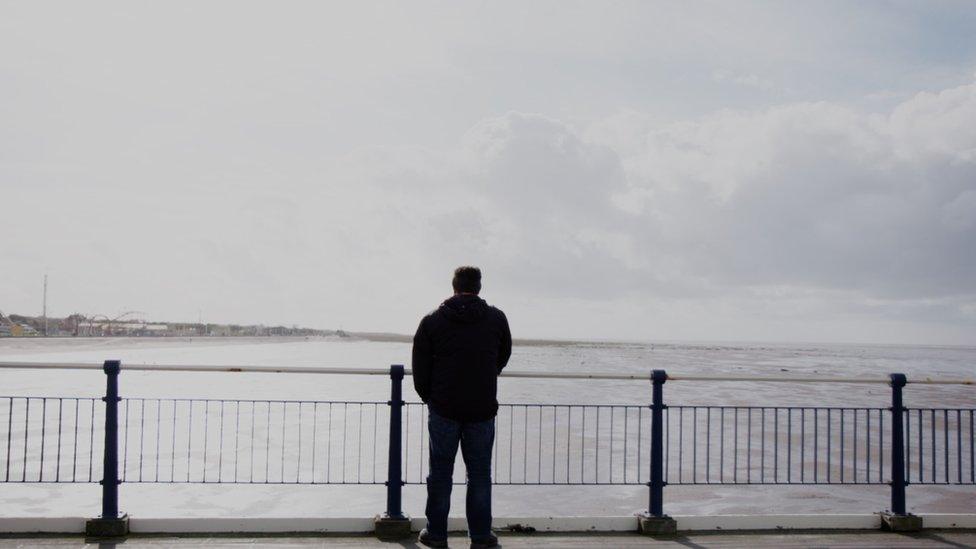North Wales sexual abuse victim urges others to get support
- Published
Duncan Chisholm has waived his right to anonymity to share his story with the hope of helping others
Duncan Chisholm was seven when an adolescent male started abusing him.
But the 57-year-old, who has waived the right to anonymity, did not seek help to deal with the sexual abuse he suffered until fairly recently.
He described taking the first step to get help as "very nerve-wracking" but said the counsellor put him at ease. He urged other survivors to get help.
It comes as a charity that helps survivors in north Wales said it had seen a spike in referrals.
Figures from the Office for National Statistics (ONS) showed the North Wales Police force area had the second highest rate of sexual offences recorded in England and Wales, with 3.7 offences per 1,000 population, in the year ending March 2020.
As well as feeling uncertain, Mr Chisholm said he also felt embarrassment but the counsellor had put him at ease.
"They just made me a lot stronger than I was, as the weeks went on, it just became easier talking about it," he said.
"If it was 18 months ago, I wouldn't be here now, I wouldn't be doing this interview."
'Tip of the iceberg'
He is one of 1,200 people seen by Rape and Sexual Abuse Support Centre North Wales (RASASC) last year.
New referrals to the organisation have gone up from 178 in 2011/12 to more than 800 last year, but the charity said it feared it was only seeing the "tip of the iceberg".
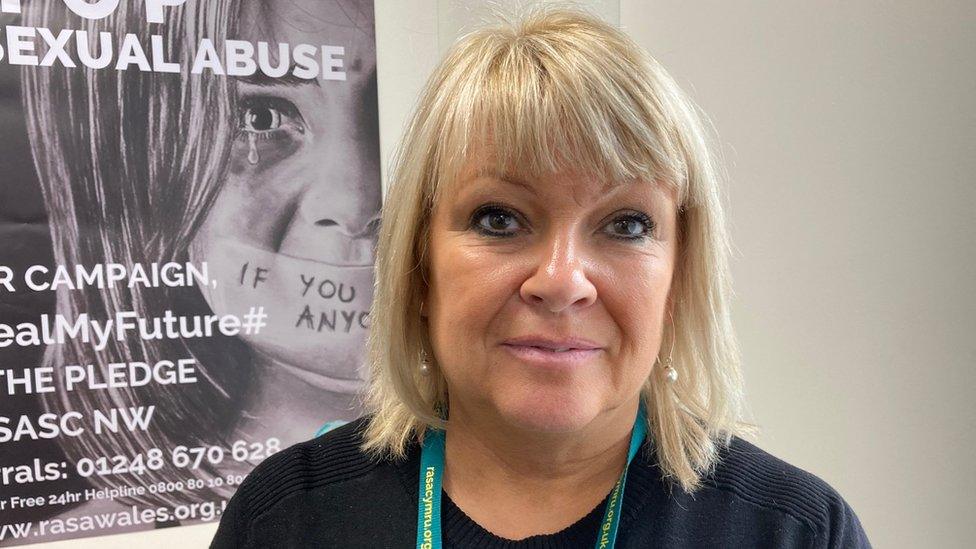
Gaynor McKeown said the charity has seen a huge increase in the number of referrals they have had
Referring to recent incidents of drink spiking, as well as lower than expected referrals from rural areas, RASASC's interim chief executive, Gaynor McKeown, said: "There are areas across north Wales where we are not receiving the number of referrals that we would anticipate, that's looking at crime statistics and looking at areas of hotspots.
"We are seeing an increase in our referrals, and we've seen that year on year, but actually we think there are people out there that don't know about our service, and aren't coming forward and reporting."
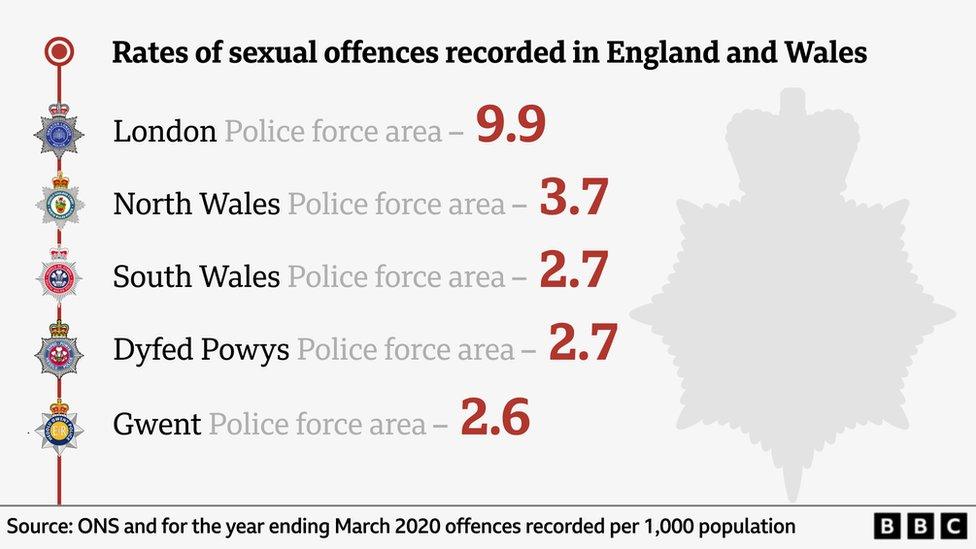
North Wales Police area had the highest rate of sexual offences record in Wales
London had the highest rate with 9.9 offences per 1,000. South Wales Police and Dyfed-Powys Police both had rates of 2.7 offences per 1,000, and Gwent Police 2.6 offences per 1,000.
In order to deal with the increase in referrals, RASASC has started recruiting more staff and launched an awareness campaign.
"Lockdown has been very difficult for people, there is still a reluctance to report sexual violence and rape, because there's a taboo around it, they feel they might not be believed," said Ms McKeown.
"Victims of sexual violence unfortunately often blame themselves, so often that puts barriers up in terms of coming for support."
'Support and signposting'
RASASC's work is supported by the office of the police and crime commissioner in north Wales.
Deputy PCC Wayne Jones said he believed the high rates of recording in north Wales showed people had confidence to come forward.
"Although it's concerning that the rates look high, it also shows that people want to engage with the police and support service and they feel they won't be judged, they feel they will get the support and signposting," he said.
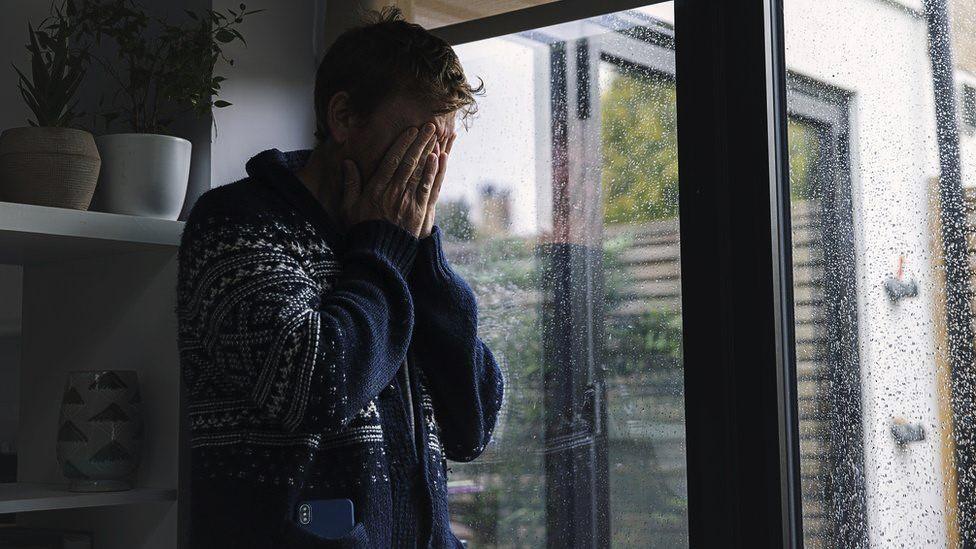
The RASASC said victims of sexual violence often blame themselves thus putting up barriers in reaching out for help
Urging other people who may be living in silence to come forward, Mr Chisholm described the guilt he felt about not speaking openly sooner.
"The effect it had on me, it made me into a totally different child, I didn't do very well at school," he said.
"I thought I was dealing with it OK, but obviously I wasn't.
"That guy could have gone on to hurt, many, many other children, by telling somebody about it in the first place, having someone arrested for that abuse, I may not have carried that guilt for all that time."
Mr Chisholm hopes that by speaking out now he will be helping people and that is the main reason why he is doing it.
'Abuse is abuse'
Sam Taylor, clinical services director at RASASC, said she felt the charity's waiting lists showed there was a real need for the service.
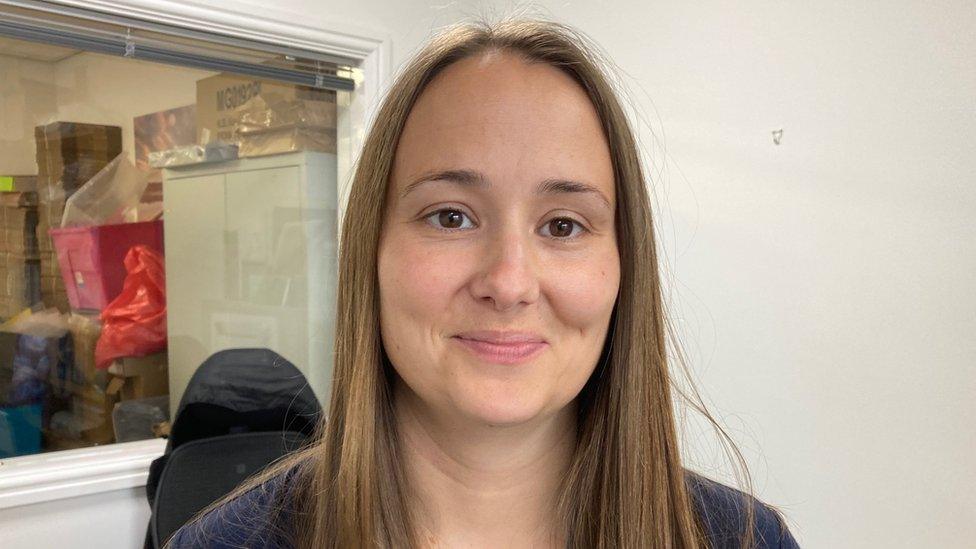
Sam Taylor said the counsellors at RASASC use a range of different therapeutic approaches and it is about what works for the client
"Often clients can be in crisis, showing suicidal thoughts, harming behaviours, so a lot of the work we initially do is about stabilisation, trying to get them in a safe space before we do any deep therapy work.
"Creating that safe environment, building up that trust, looking at grounding techniques and strategies to put them in the here and now, once we've established that trust and rapport, in the later sessions we can think about the trauma and what's happened."
Mr Chisholm said his message to other survivors was to "get help as soon as possible".
"Any abuse is abuse, you shouldn't be ashamed talking about it.
"It's not embarrassing, just come forward."
If you or someone you know has been affected by the issues raised in this article, information on getting support is available at BBC Action Line.
- Published14 September 2022
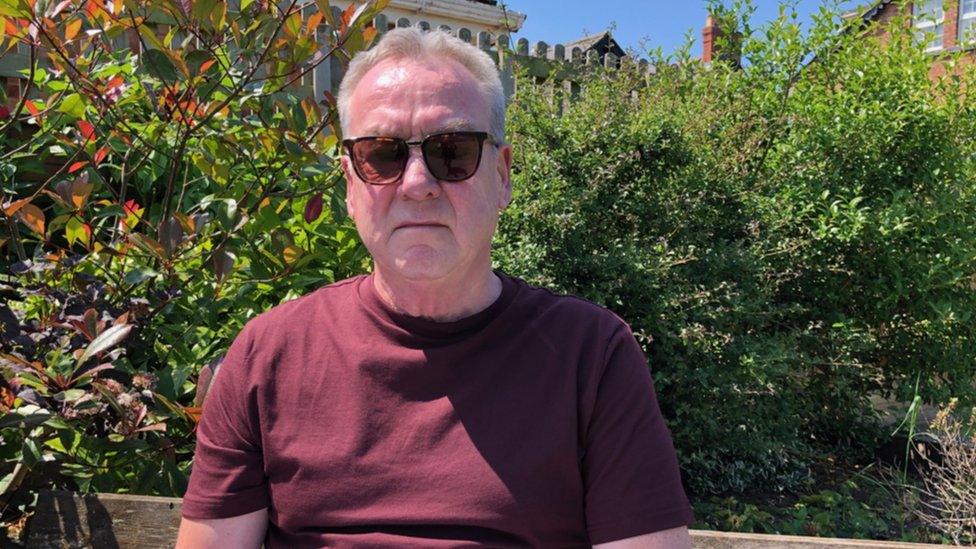
- Published25 August 2022
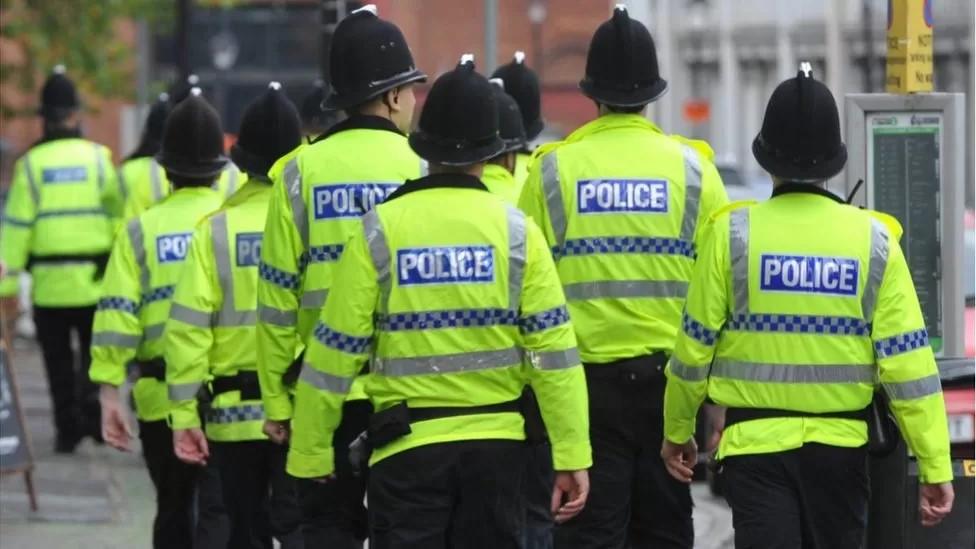
- Published10 August 2022
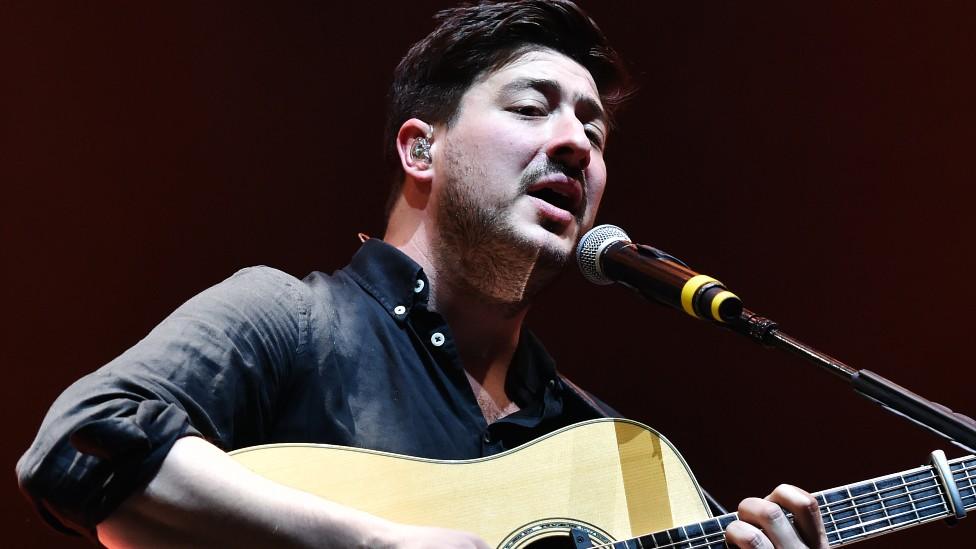
- Published27 July 2022
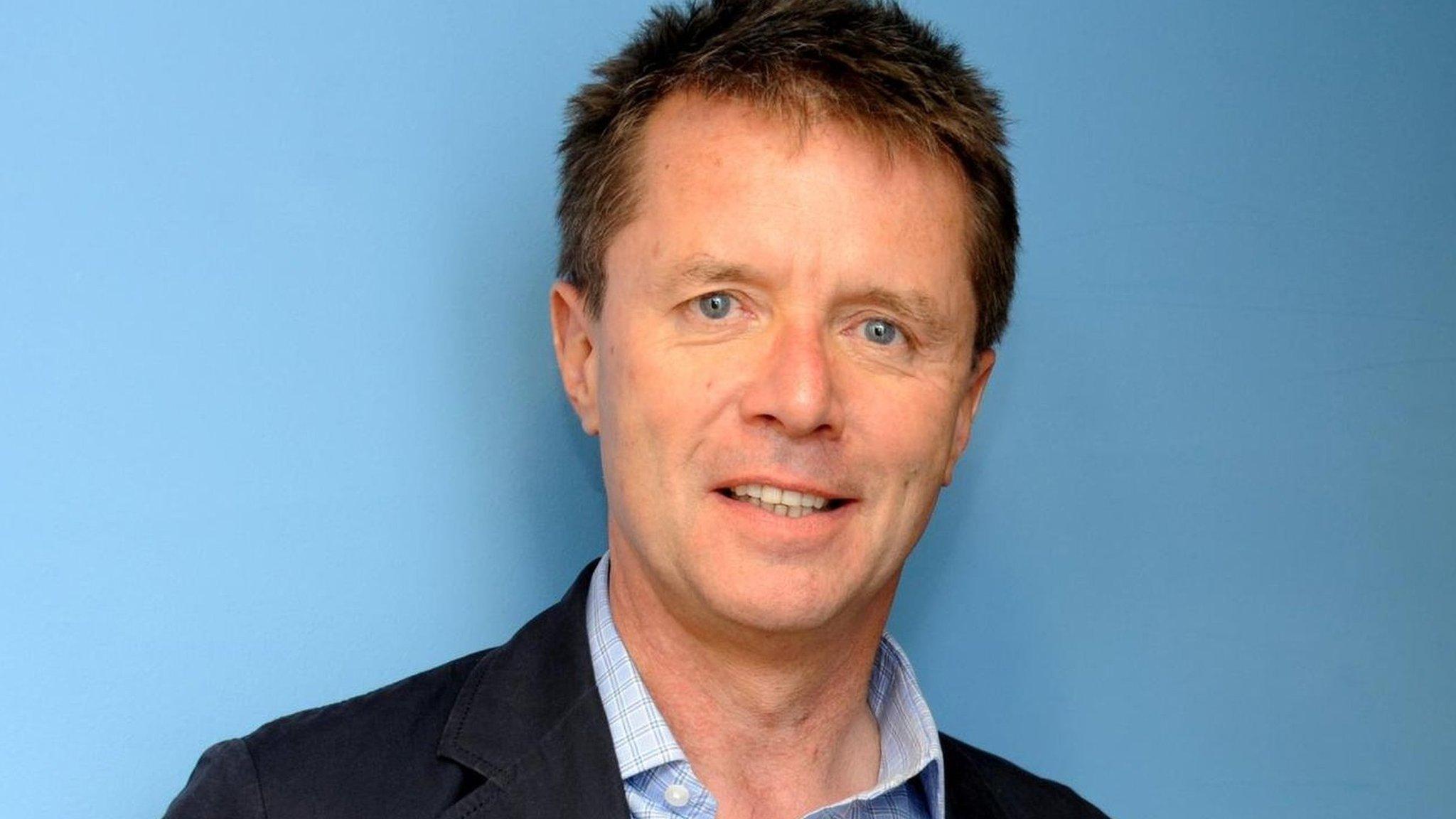
- Published23 October 2019
